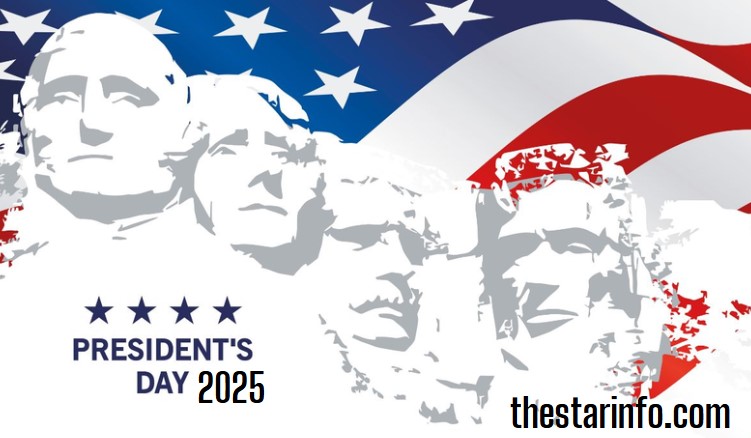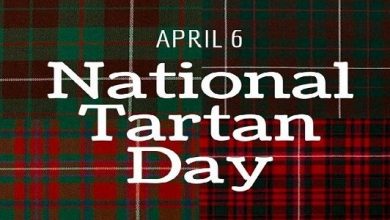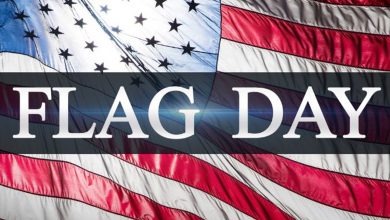Presidents’ Day 2025: Honoring Leadership and Legacy

Presidents’ Day, celebrated on the third Monday of February, is a significant federal holiday in the United States dedicated to honoring the leadership, achievements, and contributions of American presidents. In 2025, Presidents’ Day falls on February 17, continuing a long-standing tradition that not only commemorates past leaders but also encourages reflection on the nation’s history and democratic values.
Origins and History of Presidents’ Day
The roots of Presidents’ Day trace back to the celebration of George Washington’s birthday, which was originally observed on February 22. Washington, the first President of the United States and a revered Founding Father, became a symbol of leadership, unity, and integrity. The holiday was first established in 1879 for federal offices in Washington D.C. and later expanded to all federal offices in 1885.
The shift from “Washington’s Birthday” to “Presidents’ Day” occurred with the passage of the Uniform Monday Holiday Act in 1971. This legislation aimed to provide workers with more three-day weekends and moved the observance of several federal holidays, including Washington’s Birthday, to Mondays. Over time, the holiday evolved to honor not only George Washington but also Abraham Lincoln, whose birthday is on February 12, and other presidents who have shaped the nation’s history.
The Meaning of Presidents’ Day
Presidents’ Day has come to symbolize more than just the acknowledgment of individual leaders. It represents a celebration of the presidency itself, reflecting on the office’s role in maintaining democracy and guiding the country through challenges and triumphs. It is a time to appreciate the vision, dedication, and sacrifices of the individuals who have held the nation’s highest office.
The holiday also serves as an opportunity to educate younger generations about American history and the principles of leadership, service, and civic duty. Schools, museums, and historical societies often hold special events, exhibitions, and educational programs to mark the occasion.
How Presidents’ Day Is Celebrated
1. Parades and Public Events:
Many cities and towns host parades featuring marching bands, floats, and reenactors dressed as historical figures. These parades often highlight patriotic themes, celebrating the nation’s heritage and the contributions of its leaders.
2. Educational Activities:
Schools and community organizations hold activities such as essay contests, history fairs, and classroom discussions about the lives and legacies of U.S. presidents. Museums, including the Smithsonian Institution, often provide free or discounted admission and special exhibitions related to presidential history.
3. Sales and Commercial Events:
Retailers across the country offer Presidents’ Day sales, making the holiday one of the biggest shopping events of the year. Furniture, electronics, and automobile sales are particularly popular during this time.
4. Visits to Historical Sites:
Many people take the opportunity to visit landmarks such as Mount Vernon (George Washington’s estate), Monticello (Thomas Jefferson’s home), and the Lincoln Memorial. National parks and presidential libraries often host special tours, lectures, and commemorative activities.
Reflections on Presidential Leadership
Presidents’ Day encourages reflection on what it means to be a leader. The holiday highlights presidents who led the nation through pivotal moments:
- George Washington: The “Father of His Country,” known for his leadership during the American Revolution and his role in shaping the presidency.
- Abraham Lincoln: Revered for preserving the Union during the Civil War and issuing the Emancipation Proclamation.
- Franklin D. Roosevelt: Guided the nation through the Great Depression and World War II with resilience and vision.
- Theodore Roosevelt: Known for his progressive reforms, conservation efforts, and strong leadership style.
The holiday also inspires discussions about modern leadership and the qualities necessary for effective governance, including integrity, accountability, vision, and empathy.
Presidents’ Day 2025: What to Expect
In 2025, Presidents’ Day will be marked by numerous nationwide events and commemorations. With the United States potentially facing new challenges and opportunities in both domestic and international affairs, the day will serve as a reminder of the enduring strength of the presidency and the democratic principles that guide the nation.
Expect:
- Virtual and in-person events: Museums and presidential libraries may continue offering virtual tours and webinars, ensuring accessibility for people nationwide.
- Special broadcasts: Television networks and streaming platforms are likely to air documentaries, interviews, and historical retrospectives on U.S. presidents.
- Civic initiatives: Local governments and organizations may promote voter registration drives and discussions on civic responsibility.
The Importance of Presidential Legacies
Presidents’ Day is more than a commemoration of past leaders; it is a moment to assess their impact on current national policies and values. From Washington’s warning against political factions to Lincoln’s call for unity and equality, the lessons of past presidents continue to resonate.
The holiday encourages all Americans to consider their role in shaping the nation’s future. It reminds us that the principles of democracy, freedom, and service to others are not solely the responsibilities of elected leaders but of every citizen.




